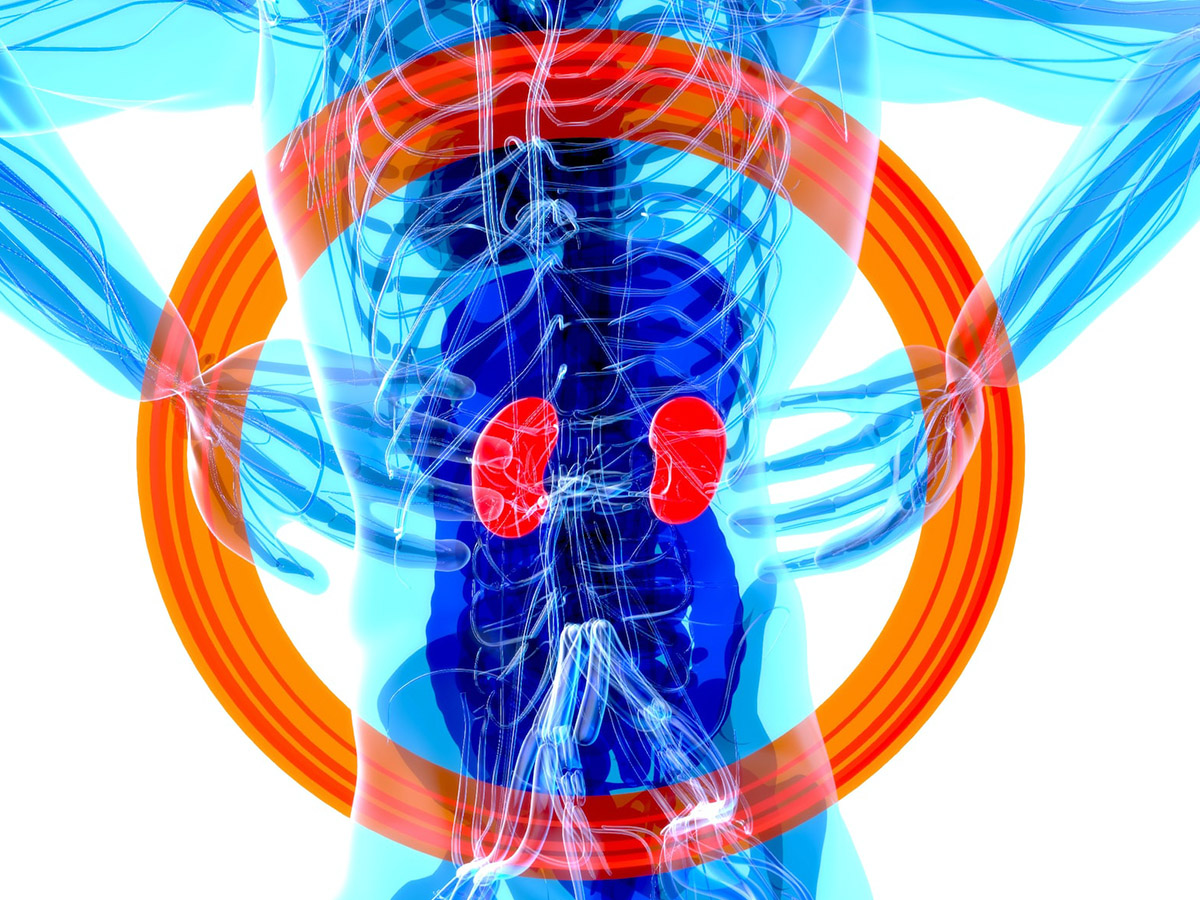If you’re interested in using nootropics to improve your kidney health, you’ve come to the right place. In this blog post, we’ll cover everything you need to know about using nootropics for kidney health, including the benefits, the different types of nootropics, and the risks. We’ll also answer some frequently asked questions about using nootropics. By the end of this post, you should have a good understanding of how nootropics can be used to improve kidney health.
What Are Nootropics?
Nootropics are cognitive enhancers that can improve memory, focus, and mood. They are sometimes called smart drugs because they can enhance cognitive function. Nootropics are generally considered safe and well-tolerated, with few reports of adverse effects. Some research suggests that nootropics may be helpful in improving kidney health.
Nootropics are not just for people who want to perform better at school or work. Many nootropic users also find that they improve their overall well-being. Some nootropics, such as caffeine and modafinil, are widely available without a prescription. Others, such as piracetam and choline, are only available through a doctor’s recommendation.
Nootropics can be helpful for different reasons. Some help improves memory function by increasing the amount of acetylcholine in the brain. Acetylcholine is a neurotransmitter that helps us remember things. Other nootropics help improve focus by increasing the level of dopamine or serotonin in the brain. Dopamine and serotonin are hormones that play important roles in mood and cognitive function.
Some nootropic users report improved kidney health after taking them. Nootropic compounds like piracetam have been shown to improve kidney function in animal studies. However, more research is needed to confirm these findings in humans.
The Benefits Of Nootropics For Kidney Health

There are many benefits that nootropics can offer for kidney health. Firstly, they can improve cognitive function. This can help to improve memory and focus, as well as speed up the processing time. Additionally, nootropics can help protect the brain from damage. They may also help to reduce the risk of dementia and Alzheimer’s disease. Finally, nootropics may also help to improve mood and reduce stress levels.
Nootropics have innumerable benefits for overall health and well-being. They can help to improve cognitive function, protect the brain from damage, reduce the risk of dementia and Alzheimer’s disease, and improve mood and stress levels. Whether you are looking to maintain optimum kidney health or just want to enjoy a few added perks, nootropics may be a good choice for you!
The Different Types Of Nootropics
Health enthusiasts have long turned to nootropics in an effort to improve their overall health. One of the most popular types of nootropics for the kidney is those that increase blood flow and improve renal function. Some nootropics for the kidney can also help to protect the kidneys from damage caused by free radicals. This means that they can be very beneficial for people with impaired kidney function.
There are many different types of nootropics. Some help to improve blood flow and function in the kidneys, while others have specific effects on the brain. However, all of them have one common goal – to make you healthier.
The Best Nootropics For Kidney Health
Kidney health is an important topic, and nootropics can play a role in improving it. Nootropics are medications or supplements that have cognitive benefits. Some of the best-known nootropics for kidney health are choline supplements, omega-3 fatty acids, magnesium supplements, and probiotics.
Nootropics can help improve kidney function by helping to protect against damage from environmental toxins and other sources of stress. They can also help increase blood flow to the kidneys. This helps to ensure that the kidneys get the oxygen they need to function properly. In addition, some nootropics may also help reduce inflammation in the kidneys.
There are a number of nootropics that have been shown to be beneficial for kidney health. One of the most common is choline. Choline is a precursor to acetylcholine, a neurotransmitter that plays an important role in nerve and muscle function. Choline can help improve blood flow to the kidneys and may also reduce inflammation in the kidneys.
Omega-3 fatty acids are another common nootropic for kidney health. Omega-3s are essential fats that play an important role in brain development and preventing heart disease. They can also help increase blood flow to the kidneys, which can protect them from damage caused by environmental toxins and other sources of stress.
Magnesium is another common mineral that has been shown to be helpful for kidney health. Magnesium helps protect against damage caused by environmental toxins as well as heart diseases. And last but not least, probiotics or good bacteria supplements offer several potential benefits for kidney health including improved glucose metabolism, reduced risk of infections, and reduced inflammation.
How To Use Nootropics For Kidney Health
There are many benefits to using nootropics for kidney health. For example, they can improve overall kidney function and protect the kidneys from damage and disease. Additionally, they can help to improve circulation and increase blood flow to the kidneys. This can help to improve organ function and promote better detoxification of the body.
Nootropics can be used in a variety of ways to improve kidney health. One option is to take them as supplements. Another is to use them as part of a natural treatment plan. There are many nootropic products available on the market, so it is important to choose one that is specifically designed for kidney health. Some general guidelines for using nootropics for kidney health include:
-Start with low doses and increase gradually if needed
-Make sure the nootropic product is safe and effective for use in renal patients
-Provide regular monitoring by a doctor or healthcare professional
Precautions To Take When Using Nootropics
Nootropics are supplements that have been shown to have cognitive benefits, such as improving focus and memory. While nootropics are not regulated by the FDA, it is important to be aware of some precautions that should be taken when using them. For example, always check with your doctor before taking any supplement. Also, be careful with dosages and start on the lower end to see how your body reacts.
Some nootropics can interact with each other, so it’s important to research possible interactions before beginning use. Additionally, quality can vary from brand to brand, so it’s important to do your research before purchasing a nootropic. Some side effects of nootropics may include headaches, nausea, or jitteriness. Be sure to talk with your doctor if you experience any problems while using them.
The Risks Of Using Nootropics
Although nootropics are generally safe, there are some risks associated with their use. For example, nootropics may interact with other medications or supplements that people with kidney conditions are taking. Additionally, nootropics may aggravate underlying kidney conditions. If you have kidney disease, it is important to speak to your healthcare provider before taking any nootropic supplements.
Nootropics can also cause adverse side effects. For example, they may cause headaches, dizziness, trouble sleeping, or problems with concentration. It is important to be aware of these risks and take them seriously before starting any nootropic supplements. If you experience any side effects while taking a nootropic supplement, be sure to contact your healthcare provider as soon as possible.
Can Using Nootropics for Kidney Health Have Negative Effects on the Liver?
Using nootropics for kidney health may come with risks to liver health from nootropics. These cognitive enhancers, while known for their potential benefits, can also impact the liver negatively. It is crucial to understand the potential side effects and consult with a healthcare professional before incorporating nootropics into a routine, particularly if liver health is a concern. Monitoring liver function regularly is essential for long-term well-being.
FAQs About Using Nootropics
Nootropics are substances that are intended to improve cognitive function and boost brain health. They can be classified into two main groups: racetams and non-racetams. Non-racetams include caffeine, L-theanine, huperzine A, and Ginkgo biloba. Racetams include piracetam, aniracetam, oxiracetam, and pramiracetam.
There are a number of benefits to taking nootropics for kidney health. For example, they can help to protect the kidneys from damage caused by hypertension (high blood pressure), diabetes, or other chronic diseases. They can also promote better blood flow to the kidneys and reduce the risk of renal failure in patients with kidney disease.
There are typically no side effects associated with taking nootropics. However, it is important to note that not all nootropics are safe for everyone; therefore, it is important to speak with your doctor before starting any type of supplementation regimen. It is also important to be aware that some people may experience jitteriness or fatigue when taking nootropics; these side effects usually disappear after a few days or weeks of use.
To take nootropic supplements orally (by mouth), you will need capsules or pills of the specific substance you wish to ingest. Many types of capsules and pills come in both over-the-counter (OTC) versions as well as prescription versions from your doctor’s office or pharmacy.
Conclusion
Nootropics can offer many benefits for kidney health, including improved cognitive function, increased blood flow to the kidneys, and reduced inflammation. If you are considering using nootropics to improve your kidney health, it is important to speak with your healthcare provider first.

